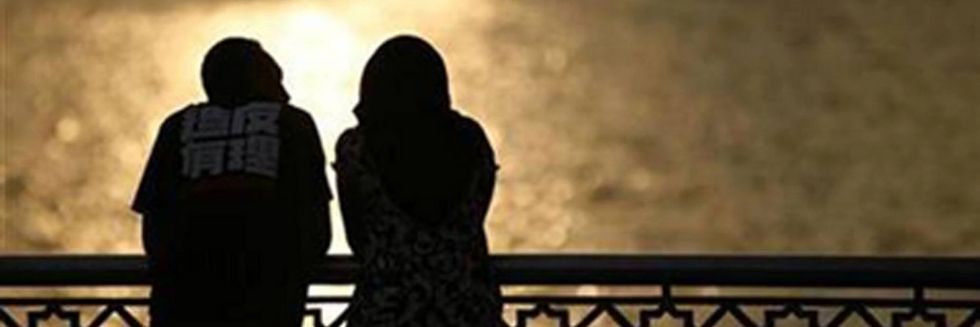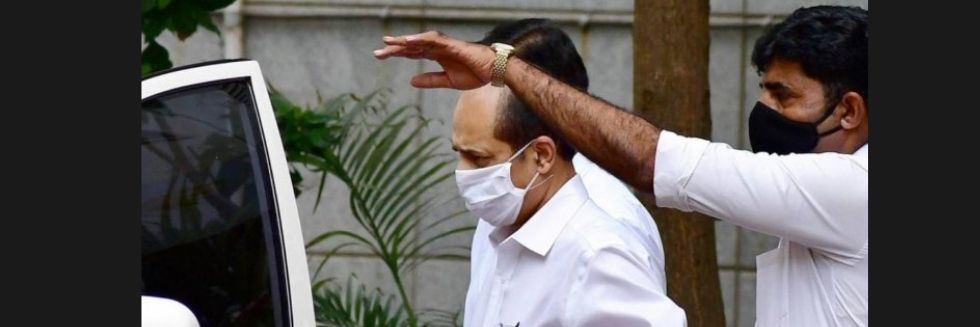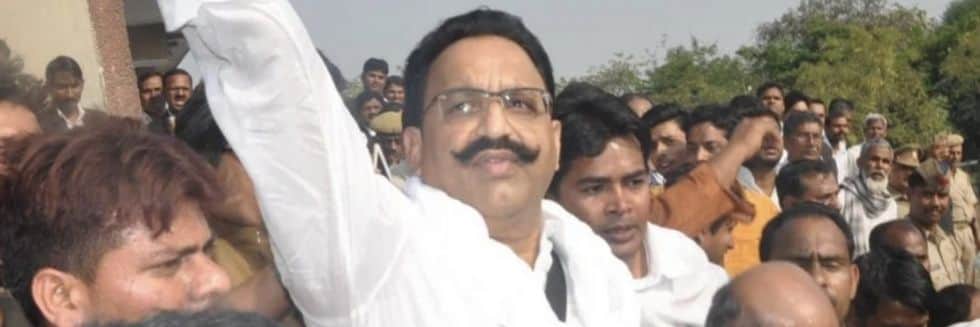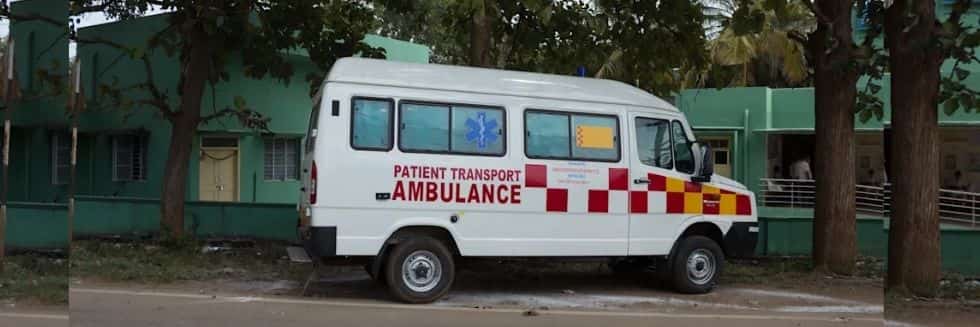Delhi High Court has denied bail to a tuition teacher who was accused of molesting his student noting that the trauma suffered by a young girl owing to sexual assault hinders growth and leads to mental health problems.
Justice Subramonium Prasad was hearing the bail petition of the tution teacher who has been accused of sexually assaulting and harassing his 16 year old student.
“The prosecutrix is only a 16-year-old child. It has been observed by the Supreme Court that paramount consideration is to be given to the well being of a child whose mental psyche is vulnerable. It is well known that trauma suffered by a young girl child of 16 years of age is long lasting and it take years for a child to come out of that trauma. The trauma hinders the growth of the child and also leads to various psychological problems,” stated the order.
The incident happened when the victim was about to leave for the house. She felt extremely uncomfortable and uneasy after the sexual assault.
An FIR was lodged against the tutor under Section 354 (assault or criminal force to woman with intent to outrage her modesty),Section 354A (sexual harassment) of the India Penal Code read with Section 8 (sexual assault) of the POCSO Act.
The accused was arrested on August 30, 2021 and the survivor underwent counselling. The bail plea of the accused was rejected by the Session court on October 4, 2021.
The petitioner’s counsel contended that the allegations are not sufficient to constitute the offence of sexual assault. “Even it was assumed there was sufficient material to proceed against the petitioner for an offence under Section 8 of the POCSO Act, the maximum punishment was only 5 years,” added the counsel.
“The petitioner had been in custody since August 30, 2021, and that a chargesheet had been filed indicating that there was no chance for his client to tamper with the evidence. After the incident, the prosecutrix first went to a rival coaching centre. Had the prosecutrix been mentally traumatised, she would not have gone to the rival coaching centre and would have instead headed straight home?” argued the petitioner’s counsel.
To which public prosecutor replied that the survivor had been subjected to aggravated sexual assault, for which the punishment prescribed under Section 10 of the POCSO Act was a minimum of 5 years.
Underlining the significance of POCSO Act, Justice Prasad stated that the Act was enacted to protect children from offences of sexual assault, sexual harassment and pornography.
“This Act was introduced because child victims were not getting adequate protection because the provisions in the IPC were not sufficient to safeguard the interests of the child victims,” noted the bench.
Justice Prasad further stated that the law was brought out to operate in the best interests and well-being of a child and to ensure healthy physical, emotional, intellectual and societal development of the child.
“The fact that the petitioner went to a rival tutor’s office immediately after the offence cannot be taken as relevant criterion here and it cannot be said that she has been asked to file the instant complaint. It can be said that the prosecutrix was so disturbed by the action of the petitioner that she went to the rival tutor to secure admission there,” held the court.
The court went on to add, “Granting bail to the petitioner at this stage i.e. even before the charges are framed, will lead to defeating the very purpose and the object of the POCSO Act. This Court is, therefore, not inclined to grant bail to the petitioner at this stage.”






